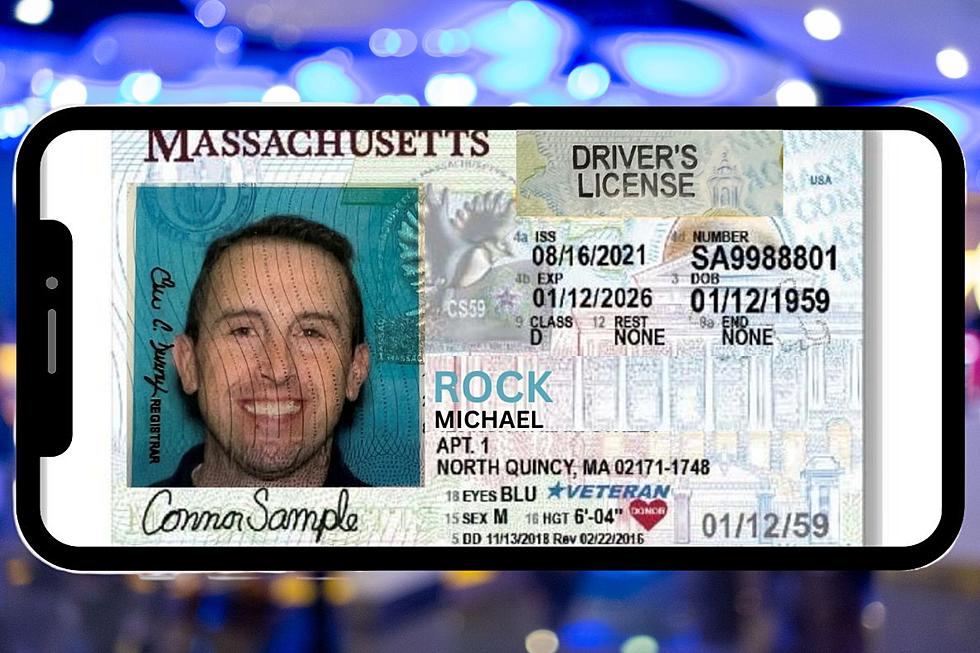![Massachusetts Democrats Have a Choice, Finally [OPINION]](http://townsquare.media/site/518/files/2020/02/GettyImages-1206121804.jpg?w=980&q=75)
Massachusetts Democrats Have a Choice, Finally [OPINION]
Senator Elizabeth Warren will be in her first election against other Democrats on a Massachusetts ballot on March 3. She has avoided it until now.
Sen. Warren has made a big deal about her ability to defeat Republicans. She accurately points out that she defeated an incumbent Republican U.S. Senator in 2012 and a GOP challenger in 2018 when she was an incumbent U.S. Senator.
If that is all you know about Sen. Warren's elections, and it is for most people, that seems impressive. Not only is it not that impressive, but it should also have been a warning to her supporters about her 2020 campaign for the presidency.
In 2012, Sen. Scott Brown, Republican from Massachusetts, was the most vulnerable member of the U.S. Senate. Whoever won the Democratic Party primary to challenge Sen. Brown would be the winner in November. At that time, the Senate was controlled by the Democrats. The President of the United States was Barack Obama and the Governor of Massachusetts was Deval Patrick, both Democrats. Both houses of the Massachusetts legislature was controlled by Democrat supermajorities.
The year 2012 was a great one to be a Democrat challenging Republican Scott Brown. But for some reason, only Liz Warren was able to qualify for the Democratic Party's primary election for the U.S. Senate that year. The Democratic Party gave her enough support at the state party convention to eliminate a fellow female liberal from the primary ballot. When the rank-and-file Democrats went to the polls in 2012 to vote in the primary they had only one candidate to support: Harvard professor Elizabeth Warren.
The general election in Massachusetts that year had President Obama at the top of the ticket and a full slate of Democrats running mostly unopposed for reelection to the U.S. House and the state legislature. On that ballot was a rookie named Liz Warren, and she sat on a cushion of support provided by the voters who were going to the polls to reelect President Obama and the other local Democrats.
Warren won by about 200,000 votes in 2012.
In 2018, Sen. Warren had no opponent in the Democratic Party primary and she beat her Republican opponent overwhelmingly.
The first time Sen. Warren faced an opponent from her party was at the Iowa caucuses and the first time she was on a competitive primary ballot for the voters to select was in New Hampshire. She failed in both contests.
What will happen on Super Tuesday when the folks who vote in the Massachusetts Democratic Party primaries finally have an option other than Sen. Warren? It sounds impossible, but this will be the first time Warren has had to ask her hometown voters to decide if she is the best option to represent them as a Democrat.
Chris McCarthy is the host of The Chris McCarthy Show on 1420 WBSM New Bedford. He can be heard weekdays from 10 a.m. to noon. Contact him at chris.mccarthy@townsquaremedia.com and follow him on Twitter @Chris_topher_Mc. The opinions expressed in this commentary are solely those of the author.

More From WBSM-AM/AM 1420









